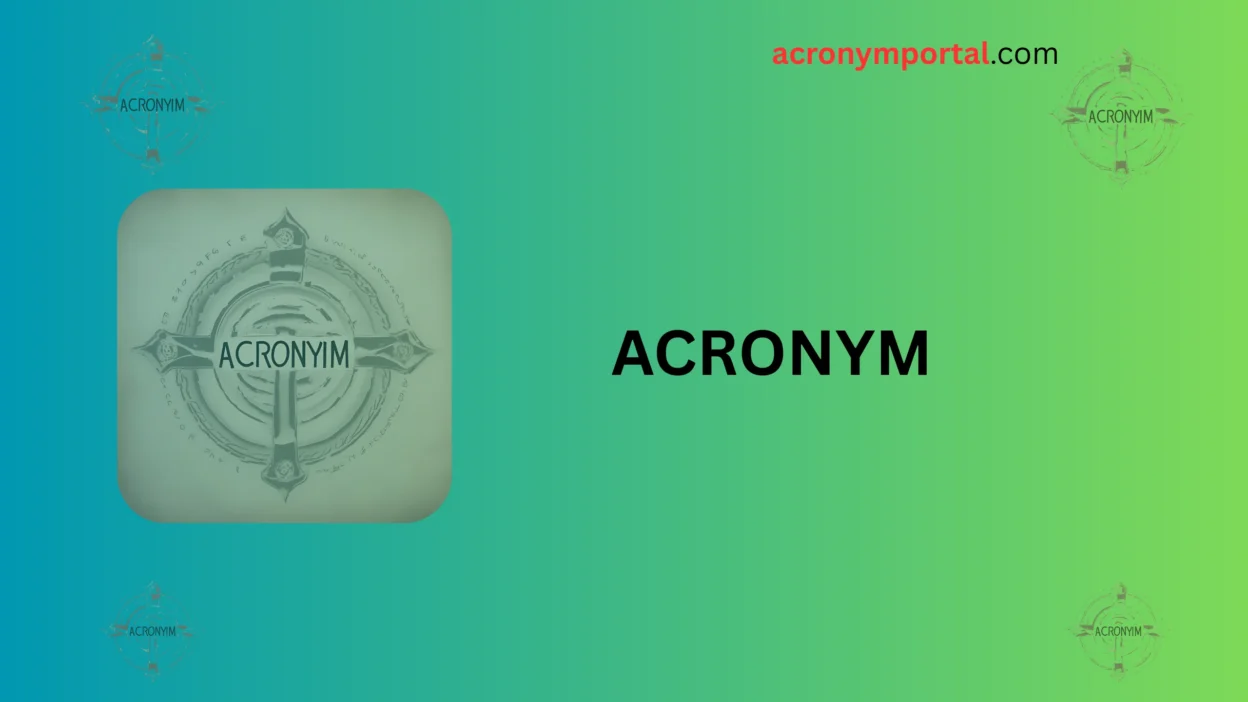At first glance, THINK is just a simple word—one we use dozens of times a day. But behind it is a world of cognition, reflection, curiosity, and analysis. Whether you’re pausing before speaking, solving a problem, or imagining new possibilities, to THINK is to engage the mind deliberately.
In a deeper, behavioral sense, we can reframe THINK as a personality-driven acronym:
Thoughtful, Hesitant, Introspective, Noticeable, Knowledge-seeking
This describes someone who reflects before reacting, asks big questions, and often observes more than they speak. They value depth over speed, and understanding over assumption.
This article offers 30 vibrant synonyms and alternatives to “THINK” that fit different tones, contexts, and emotional subtleties.
Whether you’re writing fiction, coaching someone, or just looking for a more vivid way to describe a thoughtful mind, this list has you covered.
Understanding THINK: Core Traits
The THINK mindset typically includes:
- Thoughtfulness – Careful consideration of ideas or consequences.
- Hesitation – Not jumping to quick conclusions.
- Introspection – Looking inward and reflecting.
- Noticeability – Deep thinkers often stand out by being quieter and more observant.
- Knowledge-seeking – Always learning and questioning.
Now, let’s explore 30 alternatives that capture various angles of what it means to “think.”
30 Alternatives to THINK (with Examples and Usage Tips)
1. Reflect
She paused to reflect before giving her answer.
Use when: Emphasizing thoughtful or emotional processing.
2. Consider
I’m considering a few options before I decide.
Use when: Weighing choices or consequences.
3. Contemplate
He contemplated the meaning of her words.
Use when: Deep, often philosophical thought.
4. Mull over
She’s mulling over whether to take the new job.
Use when: Casual or informal deliberation.
5. Analyze
He analyzed every part of the plan.
Use when: Logical and data-driven thinking.
6. Speculate
They speculated about what might happen next.
Use when: Guessing or forming theories with limited facts.
7. Wonder
I wonder what she meant by that.
Use when: Curiosity or imagination is involved.
8. Ponder
He pondered life’s big questions late into the night.
Use when: Thoughtful, often philosophical tone.
9. Evaluate
She’s evaluating the pros and cons of each offer.
Use when: Objective decision-making.
10. Reason
He tried to reason through the problem calmly.
Use when: Logical and structured thinking.
11. Daydream
He daydreamed about traveling the world.
Use when: Imaginative, abstract, or creative thinking.
12. Meditate
She meditated on the idea before taking action.
Use when: Thought combined with calm or mindfulness.
13. Envision
He envisioned a better future for his team.
Use when: Forward-looking and imaginative.
14. Question
She questioned everything she’d been told.
Use when: Critical thinking or skepticism.
15. Reconsider
I may need to reconsider my approach.
Use when: Reviewing a previous thought or decision.
16. Deliberate
They deliberated for hours before making a decision.
Use when: Group decision-making or formal thought.
17. Ruminate
He ruminated over the mistake for days.
Use when: Repetitive, often negative reflection.
18. Brainstorm
Let’s brainstorm some new ideas.
Use when: Creative, collaborative thinking.
19. Weigh
She weighed the risks carefully.
Use when: Calculating or measuring pros and cons.
20. Imagine
Imagine if we could start over.
Use when: Freeform, creative thought.
21. Introspect
He took a moment to introspect after the meeting.
Use when: Deep self-examination.
22. Process
She’s still processing everything that happened.
Use when: Emotional or mental digestion of information.
23. Conclude
He concluded that honesty was the best approach.
Use when: Reaching a final thought or judgment.
24. Map out
She mapped out the strategy step-by-step.
Use when: Planning and structured thinking.
25. Deduce
He deduced the cause from the available evidence.
Use when: Logical thinking leading to a conclusion.
26. Observe
She quietly observed before jumping in.
Use when: Watching before forming an opinion.
27. Muse
He mused aloud about what might have been.
Use when: Light, dreamy, or poetic thinking.
28. Imagine
Imagine what we could build with the right team.
Use when: Freeform visioning and creativity.
29. Visualize
She visualized her success before the pitch.
Use when: Mental imagery or goal-setting.
30. Theorize
Scientists theorized about the unknown particles.
Use when: Academic or scientific hypothesis-making.
How to Choose the Right THINK Alternative
🧠 Tone
- Analytical: Analyze, Deduce, Evaluate
- Creative: Imagine, Muse, Brainstorm
- Mindful/Emotional: Reflect, Meditate, Introspect
- Casual/Conversational: Mull over, Wonder, Ponder
📚 Usage Context
- In professional writing: Consider, Evaluate, Map out
- In narrative or fiction: Ruminate, Muse, Ponder
- In personal growth or therapy: Introspect, Meditate, Process
🌍 Cultural Nuance
Some cultures value speed and decisiveness, where words like analyze or decide might be favored. Others may prioritize depth and mindfulness, where reflect or meditate resonate more deeply. Understanding tone and intent helps guide your word choice.
Conclusion: Deepen Your Writing with Better Thinking Words
THINK is more than a verb—it’s a world of cognitive color. Whether you’re trying to express a moment of hesitation, a wave of creativity, or a spiral of overthinking, this list gives you precise tools for every mental state.
Words that describe thought shape how we understand the people, stories, and experiences around us. Choose carefully—and your writing will resonate more clearly and powerfully.




